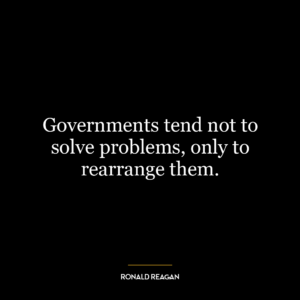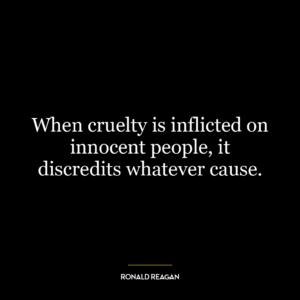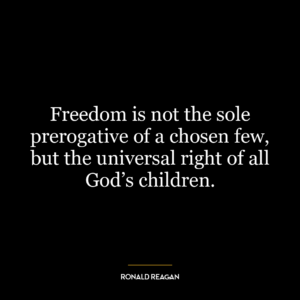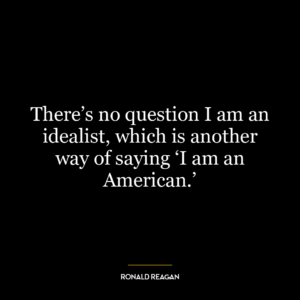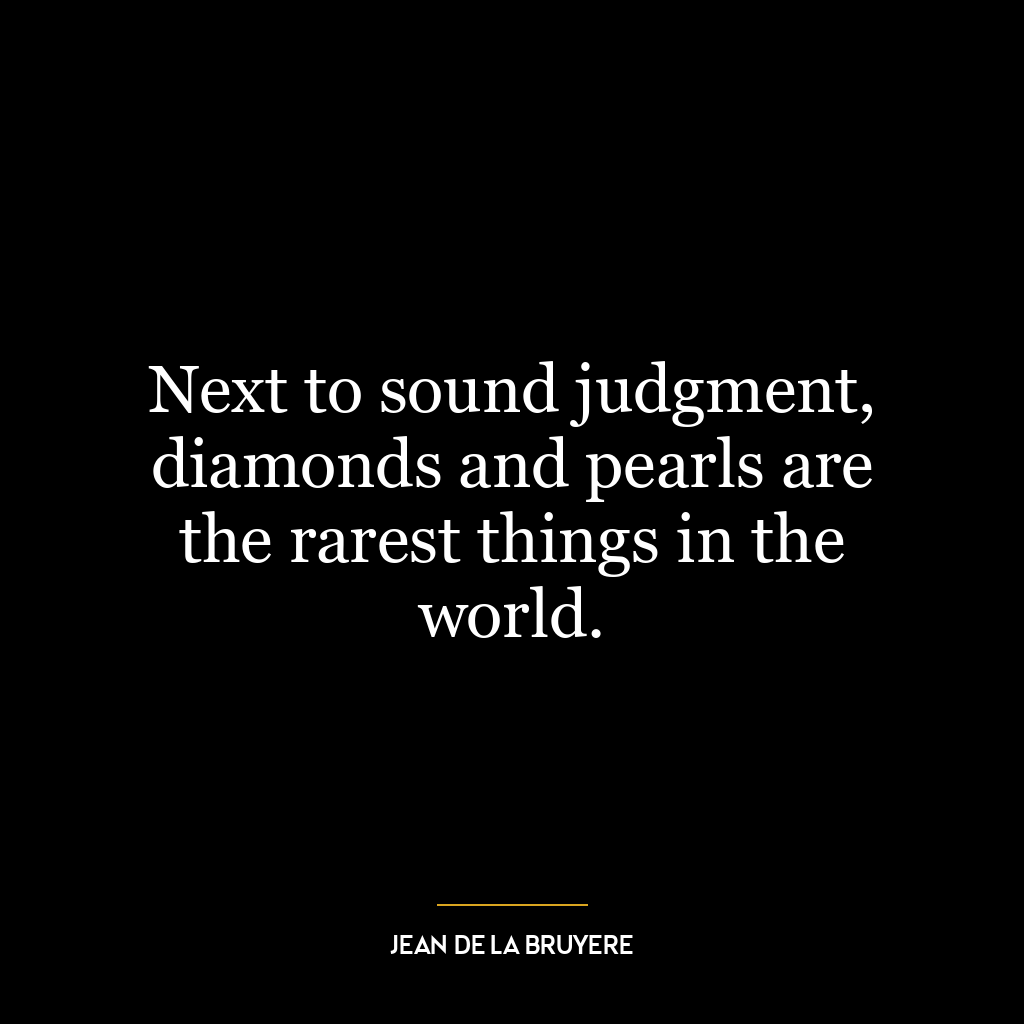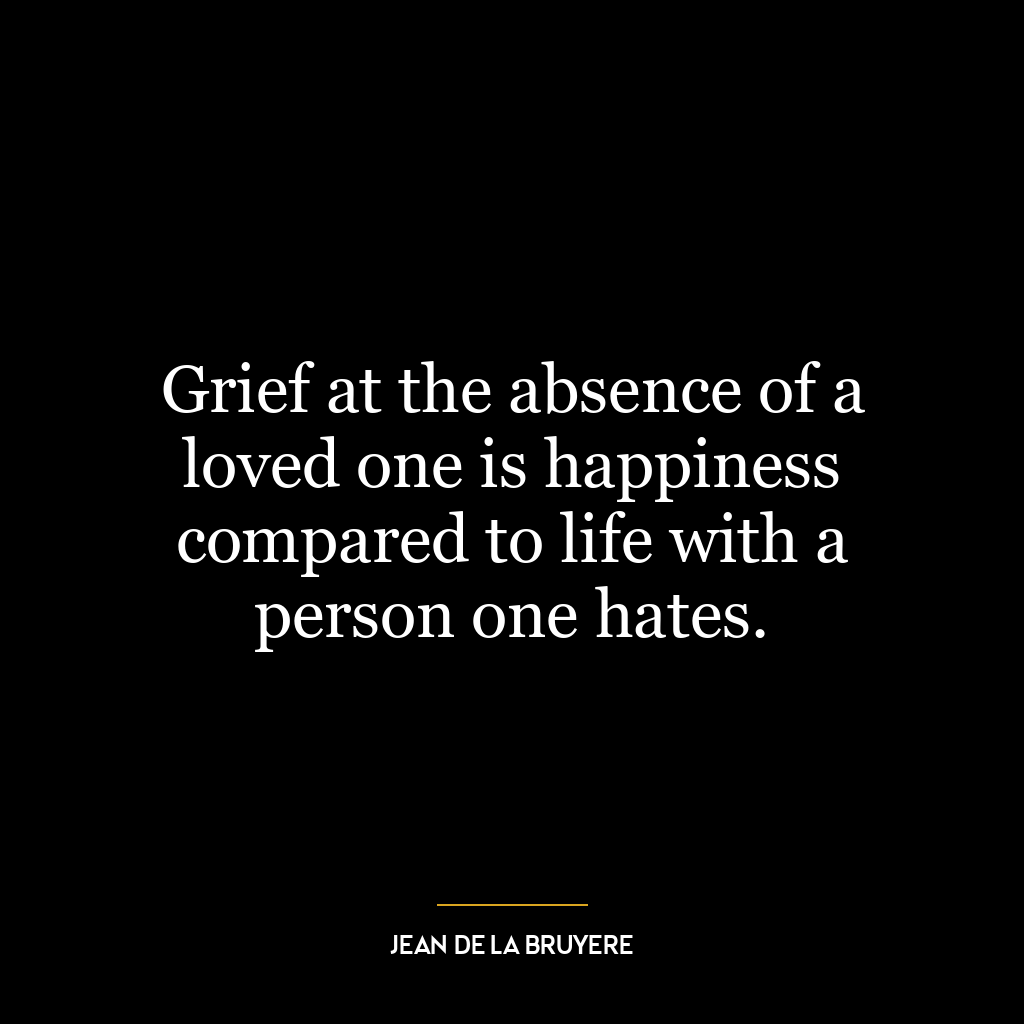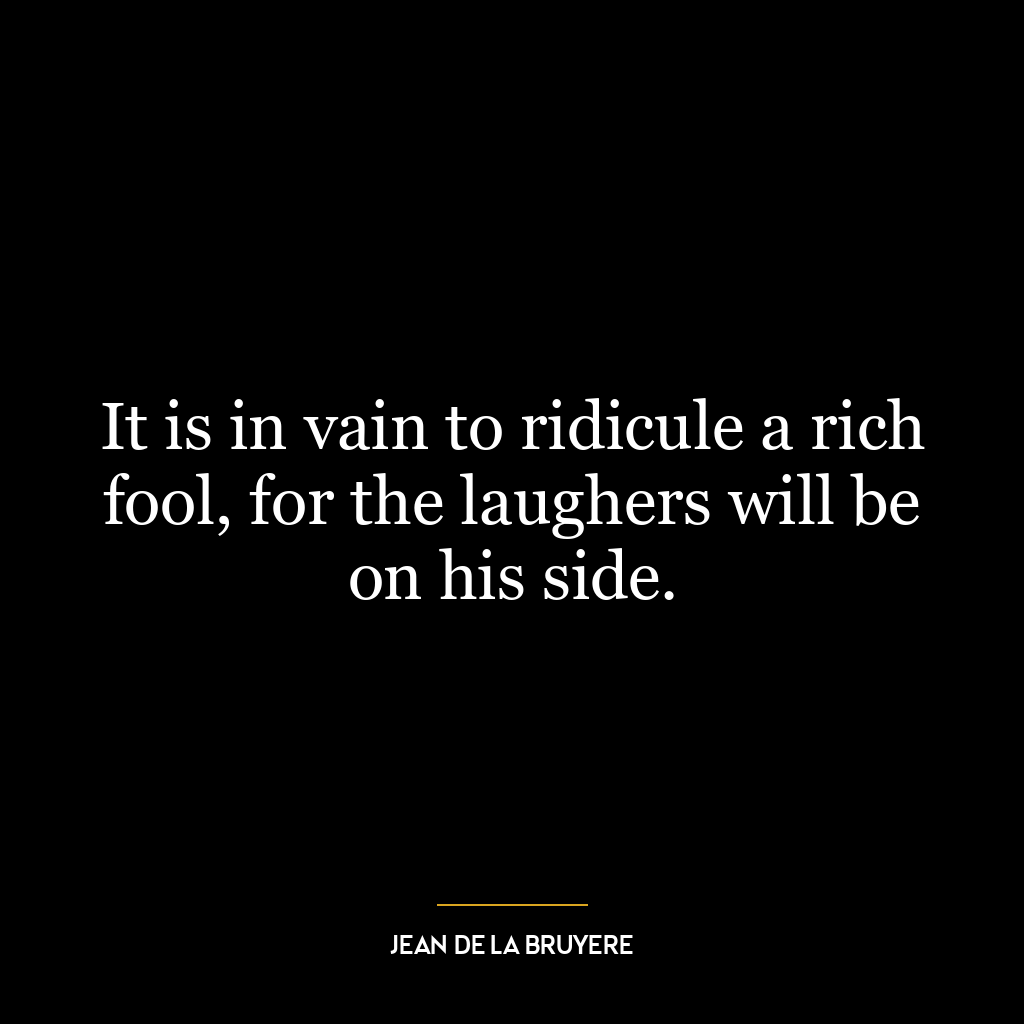This quote suggests that while money cannot directly purchase happiness, it can provide access to experiences that may lead to a higher level of satisfaction or joy in life. The “better class of memories” alludes to the enriched experiences and opportunities that money can afford, such as travel, fine dining, or unique experiences that might not be accessible without financial means.
The quote doesn’t argue that money is the key to happiness, but rather it acknowledges money’s role in facilitating memorable experiences. It’s a subtle reminder that while wealth can provide comfort and opportunities, the pursuit of happiness should not be equated solely with the accumulation of wealth.
In today’s world, this quote can be applied in various ways. One way is in the context of consumer culture and the increasing emphasis on experiences over material possessions. People are increasingly seeking out unique experiences to create lasting memories, such as travelling to exotic locations, attending concerts or festivals, or trying adventurous activities. These experiences, while often requiring financial resources, are seen as more fulfilling and happiness-inducing than simply buying more stuff.
In terms of personal development, this quote can serve as a reminder to prioritize experiences over material wealth. It can encourage individuals to invest their money in experiences that will provide lasting memories and personal growth, rather than just accumulating material possessions. It’s about understanding that while money can provide opportunities, true happiness comes from how you choose to use those opportunities.
However, it’s also important to remember that while money can enable us to have a “better class of memories”, it doesn’t guarantee happiness. Happiness is subjective and can be found in the simplest of experiences, regardless of the cost. Therefore, while money can enhance our life experiences, it’s ultimately up to us to find and create our happiness.



